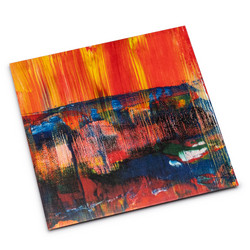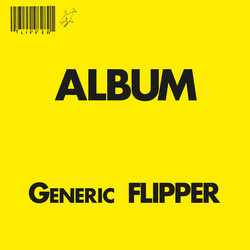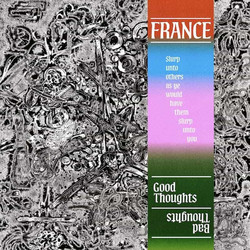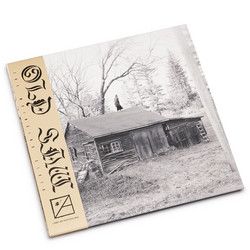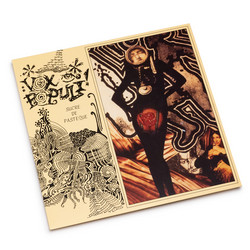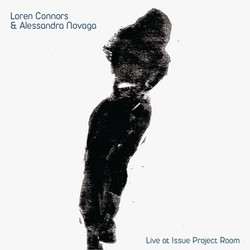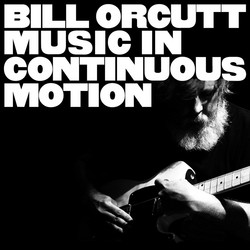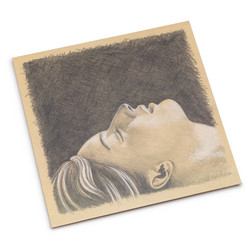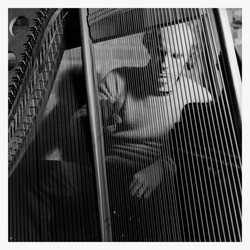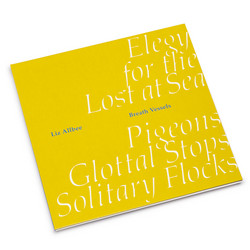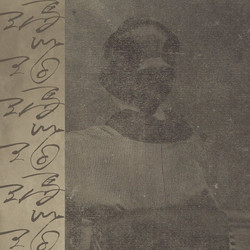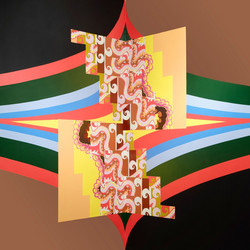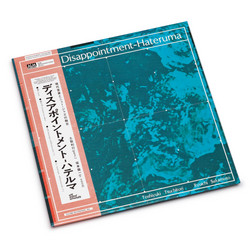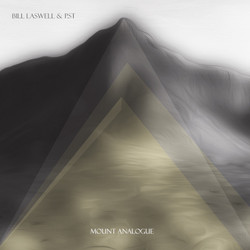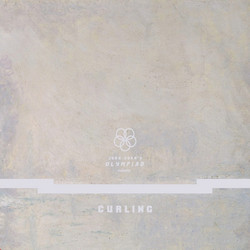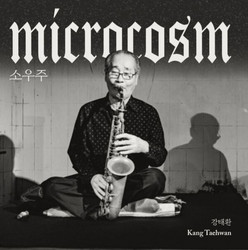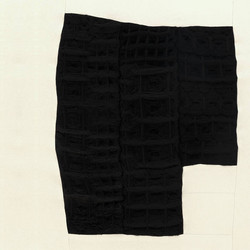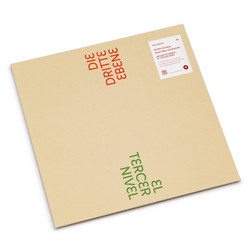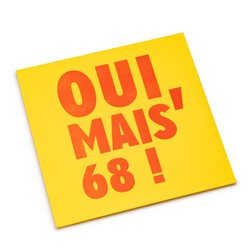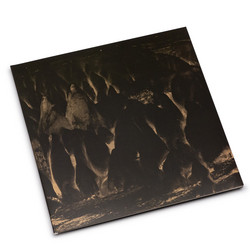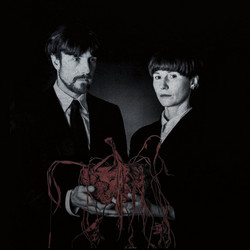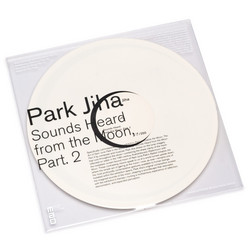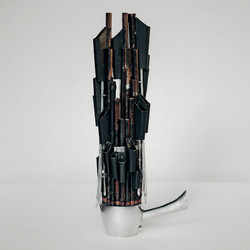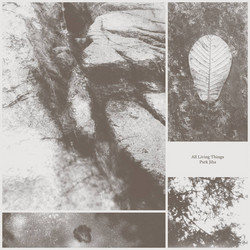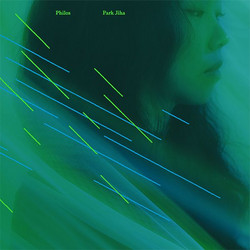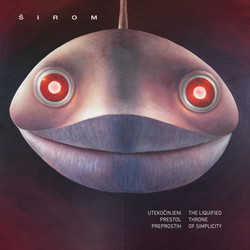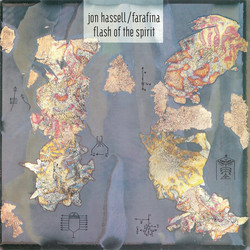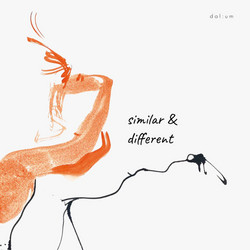LP version. 180 gram vinyl; Includes download code. "I don't want to play only traditional music. I want to play my own music... my own stories." --Park Jiha Over the last few years a rising tide of new Korean artists have staked a place in the global music conversation. Groups like Jambinai, Black String and Park Jiha's earlier duo 숨[suːm] have created exciting soundworlds that deftly combine the instrumentation and complex expression of Korean traditional music with an array of contemporary sounds such as post-rock, doom metal, downtempo jazz, and classical minimalism. While Park Jiha's most recent musical endeavor, her debut solo album Communion, is another decisive step towards a more personal and forward-looking musical vocabulary, it also is deeply rooted in her traditional music education and background. Jiha's main instrument is the piri, a traditional Korean instrument which is like an oboe. She also plays the saenghwang, a traditional instrument similar to a mouth organ and made of bamboo, the yanggeum (hammered dulcimer), and percussion. Park Jiha started her music career by founding the duo 숨[suːm] with Jungmin Seo in 2007 -- after she had finished her musical studies. 숨[suːm]'s music, composed with an array of traditional instruments and buoyed by unorthodox musical structures, was an immediate and profound influence on the new Korean music scene. The duo released the album Rhythmic Space: A Pause For Breath in 2010, and 숨[suːm] 2nd in 2014. But Park Jiha began to hear a much different music -- one that directly interacted with more distant sound traditions and a more eclectic instrumental palette. Putting 숨[suːm] on pause for the moment, she started collaborating with John Bell (vibraphone) and Kim Oki (bass clarinet, saxophone) to create Communion, her first solo album. Originally released in Korea in 2016, the album's compositions are sometimes hushed and other times slowly swelling and dynamic. It skillfully unites hypnotic minimalism and experimental strategies with Park Jiha's distinctive mastery of the piri, saenghwang, and yanggeum. "The Longing of the Yawning Divide" is inspired by the solemnity and resonance of a monastery in Leuven, Belgium. "All Souls' Day" constructs harmony and rhythmic lift between an unlikely grouping of instruments: the yanggeum, piri, saxophone, vibraphone, and the jing. The album's opening composition, "Throughout The Night" is a precise and keening dialogue between the piri and the bass clarinet.
